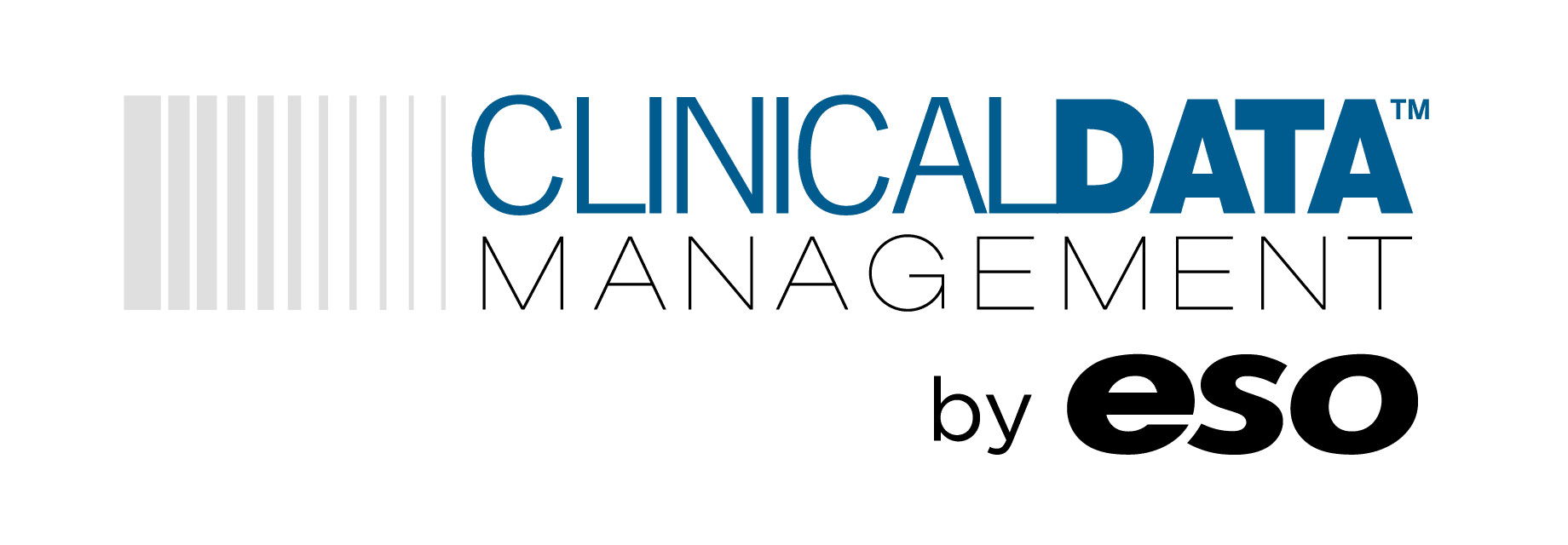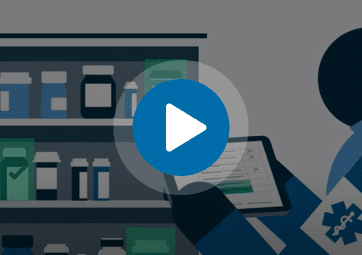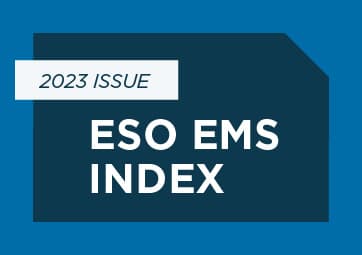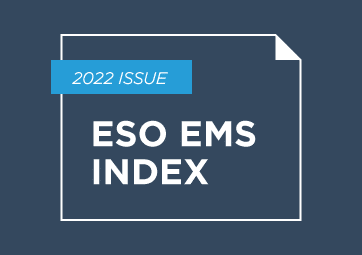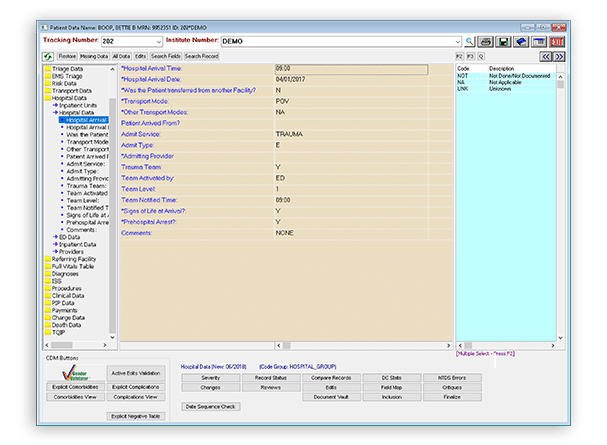
Overview

Self-Paced Online Training
ESO offers several online training videos for TraumaBase covering various topics: Getting Started, Navigating the System, Customizing your System, Data Entry, and Reporting! To access these videos, contact [email protected]. We will send you a link to all the videos for you to watch at a time that is convenient for you.
Welcome to the ESO Resource Library
Everything you need to get the most out of ESO
